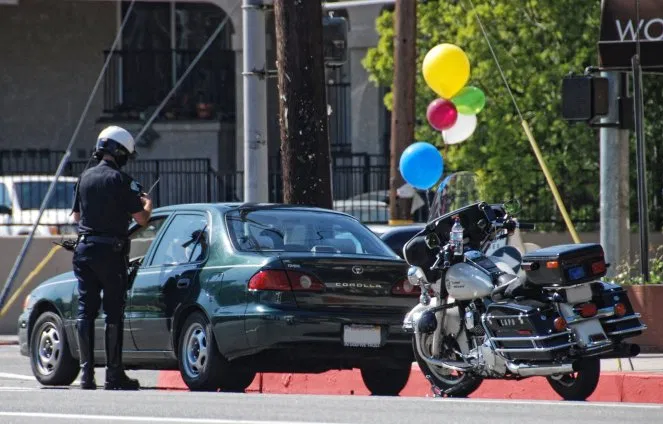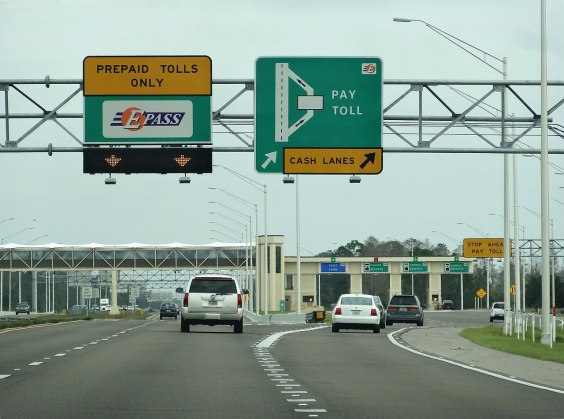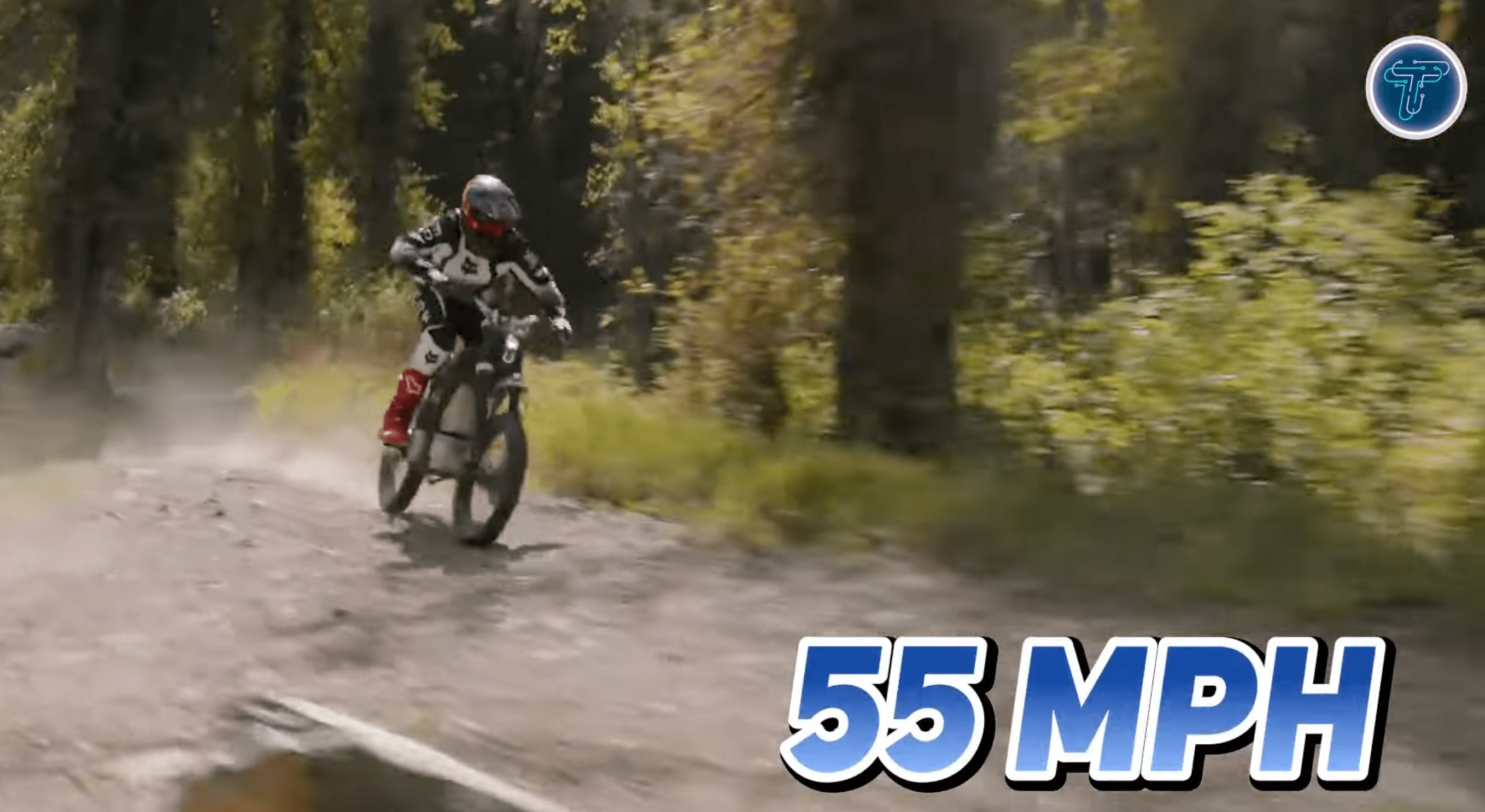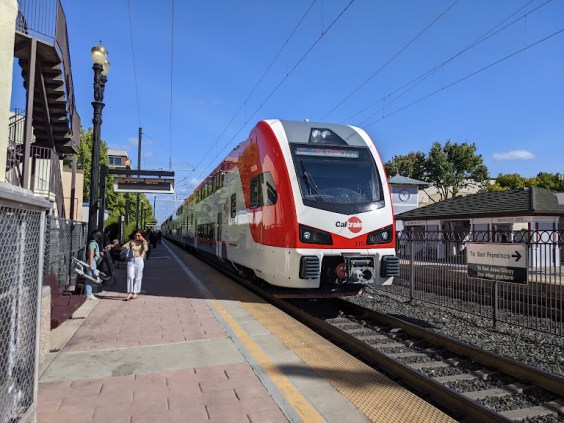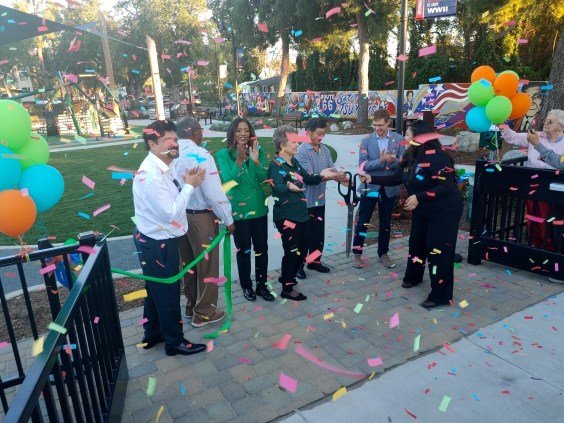Drivers are reckless and distracted, but soon there'll be a way to get them to realize that — using the very device that's distracting them while they're on the road.
The San Francisco-based start-up Zendrive is working with Verizon to enable its mobile app Hum to monitor a car's movements through sensors from a driver's phone. The app analyzes the car's speed and spits out a safety score showing how regularly a motorist breaks the law on highways, local roads, and through school zones without realizing it.
"App users can see their scores change over time," Zendrive's product marketing director Cameron Jahn told Streetsblog. "After each ride, they can check their score to see if it goes up or down, ideally creating positive reinforcement: the safer you drive, the better your score!"
It has always been a challenge to get drivers to be more conscious of terror they unleash from the moment they turn the ignition. But there's some evidence that directly showing motorists what they're doing does lead them to operate their vehicles at safer speeds.
A six-month study examining Hum users showed that 30 percent of drivers reduced their speed after they saw their results. The average speed of drivers using the app fell by 0.24 minutes per hour, a small shift but a promising start since studies have shown a 10-percent decrease in average speed can result in a 20-percent decline in injuries and 40-percent drop in fatalities from crashes.
"Regardless of speed limit, Zendrive’s data paired with Verizon Hum app has been shown to reduce speeding and we’re pleased with the results," Jahn said. "We absolutely encourage policy changes that will make roads safer and we are mission-driven to make roads safer in any way we can."
The speed-sensing app is the latest tech-driven innovation in a long chain of automobile activism that stretches back decades.
Mothers Against Drunk Driving has been the most successful campaign to change driver behavior. Since its founding in 1980, the group has awakened the public toward the fatal dangers of driving while impaired, reducing drunk driving deaths by 50 percent and saving 370,000 lives.
More recently, cities have instituted Vision Zero policies aimed at making streets safer by lowering speed limits, building protected bike lanes, and updating traffic crossing signals. Texting while driving is banned in 48 states and 20 states prohibit drivers from holding and talking on cell phones while driving.
Transportation advocates have also clamored for the installation of speed cameras near school zones which is incentivizing drivers to watch their speed in those areas or pay for their recklessness.
But Vision Zero appears to have its limits.
Traffic crashes have discouragingly crept upward in the U.S., about 35 percent higher than a decade ago thanks to the proliferation of SUVs on the roads, smartphones, and a lack of public policy changes that effectively curb speeding. Distracted drivers alone killed 3,166 people in 2017, according to National Highway Traffic Safety Administration figures. Annual pedestrian deaths have doubled since 2009.
Until people drive fewer cars and do so at significantly slower speeds — and until policymakers redesign roads with pedestrians, cyclists, and other road users in mind — we have to rely on drivers to stop causing so many crashes.
Soon there may be an app for that.
